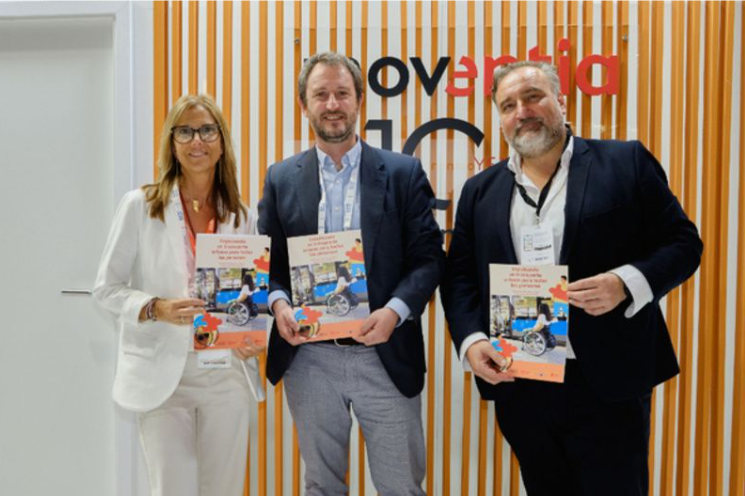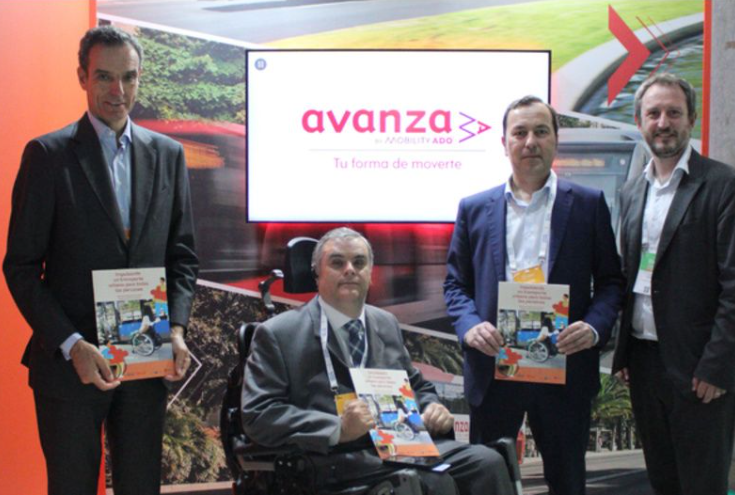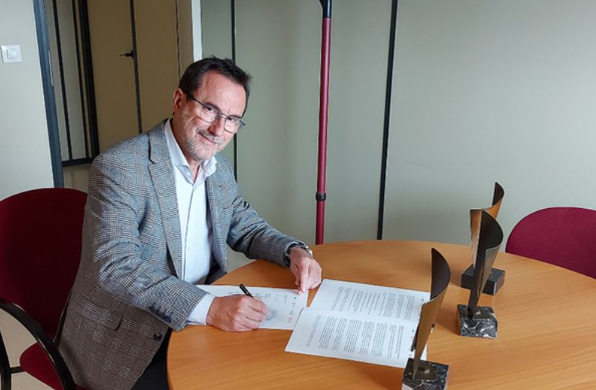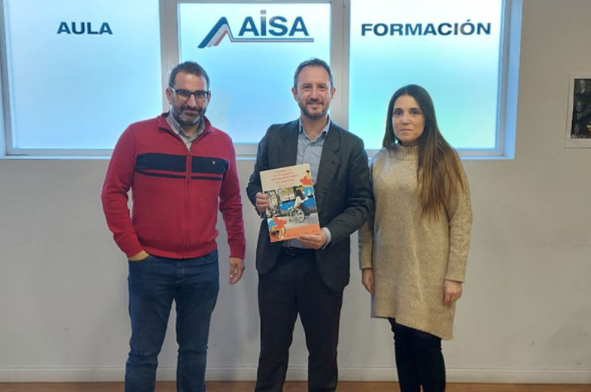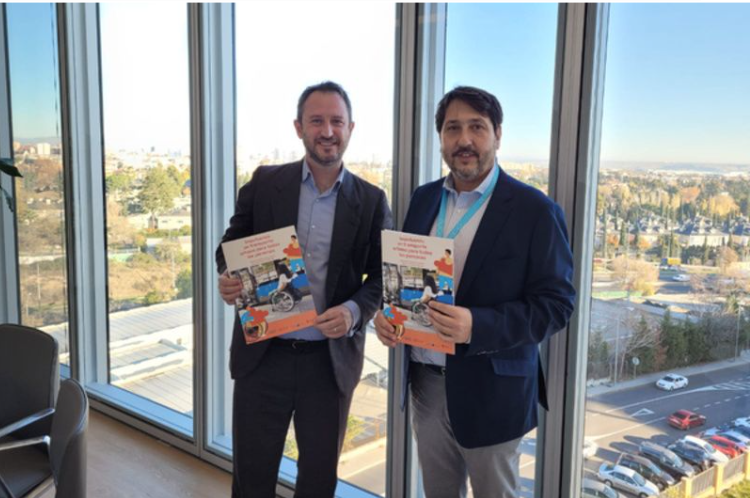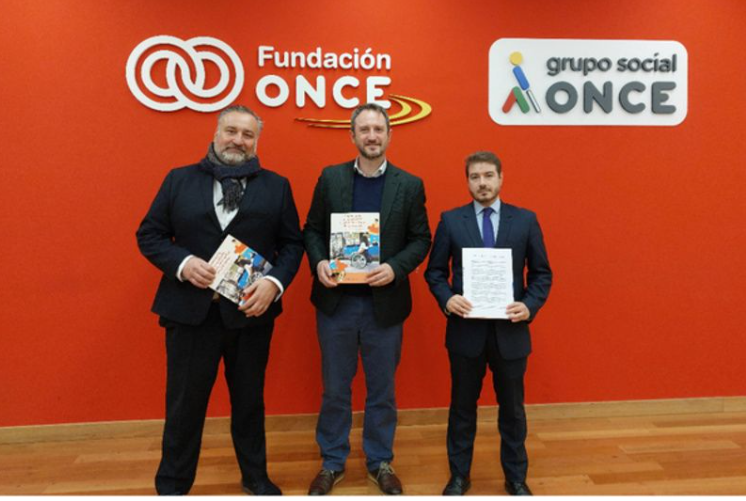Manifesto for an urban transport for all
Home / Manifiesto
Spain is one of the most accessible countries in the world. However, currently, accessibility barriers in urban public transport continue to make the daily lives of thousands of users difficult.
Progress is being made in accessible mobility, but there is still much to do. Accessibility in transportation is a social right, an essential service that must be regulated, updated and adapted to the real needs of the entire population. Therefore, it is necessary that people with disabilities have guaranteed freedom of movement, using the same means of public transport as other citizens.
With the aim of identifying the main accessibility barriers in transport and proposing possible solutions, we organized the First Meeting 'Promoting urban transport for all people'. A pioneering initiative in our country, which was born with the aim of being useful and effective when establishing a roadmap for all parties involved in accessible mobility.
In this way, Hidral Gobel, ONCE Foundation and CONFEBUS, promoters of this Meeting, as well as the organizations, institutions, associations and companies gathered there, reaffirm our commitment to accessible mobility.
We express our willingness to work, starting from the signing of this document, so that the ideas we have shared are transformed into innovative solutions that enable urban transportation that is close and accessible to all people at all times.
Because we believe that accessibility is a challenge that concerns us all. Only through collaboration between public administrations, companies in the sector, associations of people with disabilities and society as a whole can we break down the barriers that still exist in means of transport.
We assume that when we talk about accessibility we are not only referring to reduced mobility, but to difficulties of all kinds, whether visual, auditory or cognitive, that any public transport user may have, not just people with recognized disabilities. The needs are different and, therefore, the solutions must be different, but adapted and valid for all people.
To ensure a regulatory framework that protects and promotes the rights of all users in the use of public transport, in the configuration of this regulation, the personal experience and contributions of people with disabilities, regardless of their type, must be taken into account.
It is essential to take into account the perspective of people with disabilities also in the design of stations, stops, shelters and vehicles. Because, if a design is good, it will always be accessible.
The design of accessible transportation must include all areas: the infrastructure itself, the vehicles, information, technology at the service of people, employee training and social awareness. And it must have the guarantee of efficiency and sustainability, as well as the support of public administrations.
Among all those attending this Meeting, we have identified the main challenges and opportunities:
- The time spent in transportation is worth the same for everyone.
- Have personalized transportation, with complementary and accessible services.
- A friendly transport that generates confidence in the citizen.
- Collective transportation that is door-to-door and with flexible hours.
- Escuchar las necesidades de las personas para mejorar los canales de información y ventas para crear un asistente personal de movilidad con el objetivo de que las personas planifiquen los itinerarios y horarios que necesitan.
- May all people smile on public transport from start to finish.
We must address these opportunities to ensure that people are more autonomous and independent in transportation, with the conviction that this benefits the entire society.
Disability is an interaction between people's capabilities and the environment and we will always be able to act on the environment to make it more accessible for all people.

